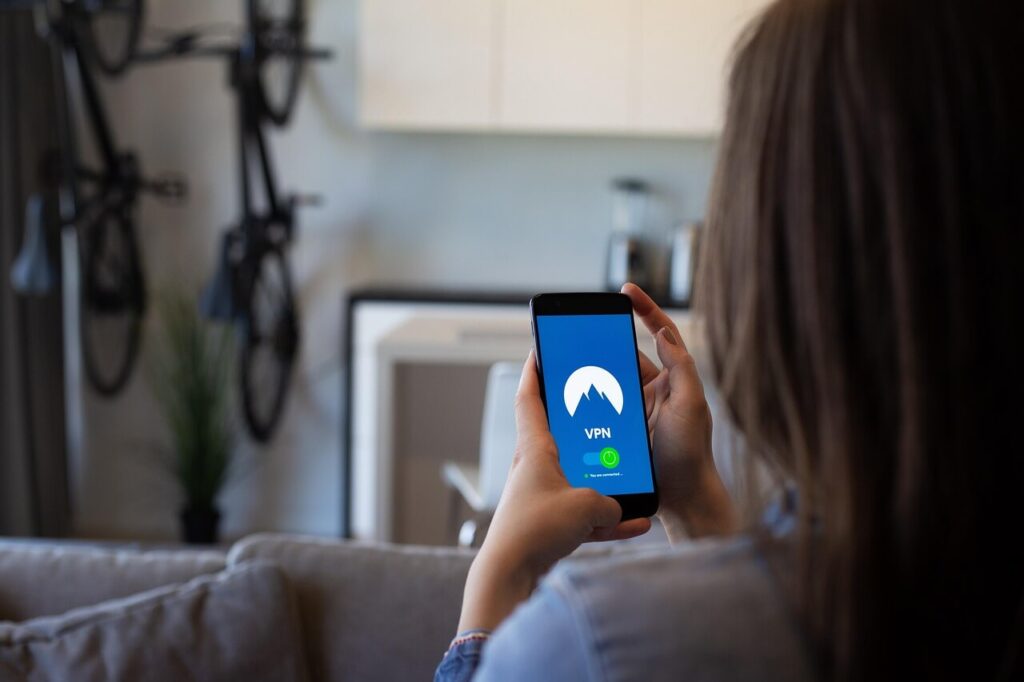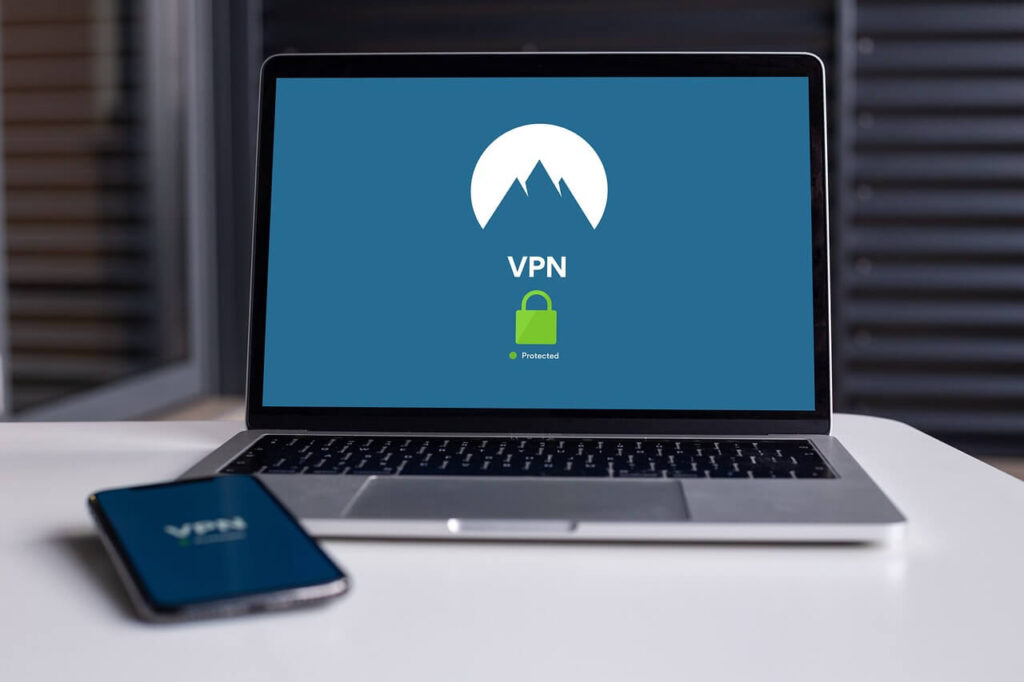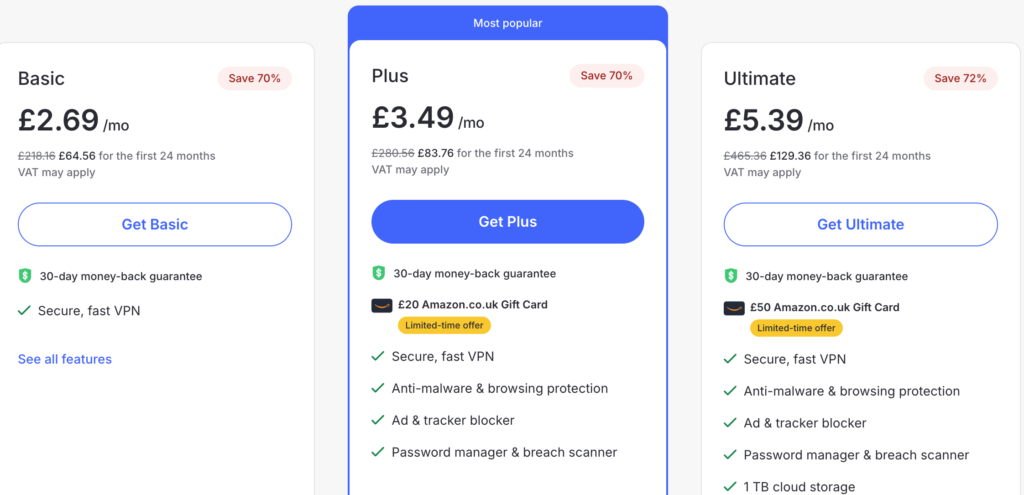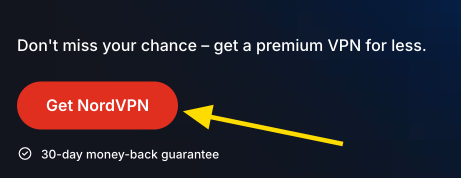Jake sipped his latte at Starbucks, casually checking his bank account over the free Wi-Fi. Minutes later, thousands vanished from his balance—hackers had stolen his login details. He had no idea public networks were a hacker’s playground. If only Jake had used a VPN service, encrypting his data and keeping his information safe from prying eyes. A simple step could have saved him from a nightmare that ruined his afternoon—and his savings.
What is a VPN?

A VPN (Virtual Private Network) is a tool that makes your internet connection private and secure. It hides your real location and protects your data by sending it through a safe, encrypted tunnel. This way, hackers, websites, or even your internet provider can’t easily see what you’re doing online. It’s like having a secret, locked pathway just for you on the internet.
How Does A VPN Work
What a VPN does is the following: It secures your connection by creating a tunnel between your device and the internet. When you connect, it encrypts your data, turning it into a code that only your device and the VPN server can read. This encrypted data goes to the VPN server, which then connects to the website or service you want. The server, located elsewhere, masks your real IP address, making it appear as if you’re browsing from that location, This process keeps your online activity private, shields you from hackers, and lets you access region-blocked content.
What are the four major features of a VPN?

Encryption – A VPN scrambles your internet data so no one else can read it, even if they try to intercept it.- IP Address Hiding – It hides your real IP address and gives you a new one, protecting your location and identity online.
- Secure Tunneling – A VPN creates a private “tunnel” for your internet traffic, keeping it safe from hackers and spying eyes.
- No-Logs Policy – Many good VPNs promise not to store or track what you do online, protecting your privacy even more.
Explain the firewall feature within a VPN
Some VPNs include a firewall feature to give extra protection.
A firewall inside a VPN blocks unwanted traffic from reaching your device while you’re connected.
It acts like a security guard, checking everything that tries to enter your network and stopping anything dangerous, like hackers, viruses, or suspicious apps.
So while the VPN hides your connection and encrypts your data, the firewall adds another layer by blocking threats before they even get to you.
It’s like having a locked door and a security guard watching it!
Your personal information will be safe
When you use a VPN, your personal information — like your passwords, emails, bank details, and messages — gets encrypted (turned into unreadable code). Even if a hacker tries to steal your information while you’re online, they would only see scrambled data that makes no sense.
Also, the VPN hides your real IP address, so websites and bad actors can’t trace where you are or track your online activities easily.
If the VPN has a no-logs policy, it means they don’t store your browsing history either, so even the VPN company won’t know what you did online.
In short: encryption + hiding + no tracking = strong protection for your personal information when you’re on the internet. 🛡️
No More Firewall-Watch Netflix From Any Country in the world
When using a VPN service you can access the internet through a VPN server from any place in the world For instance. if you have no access to YouTube. you can use a VPN server in the United States. and in that way. YouTube thinks you are accessing them from the United States.
This can also be handy when your favourite sitcom is not available in your country. just select that country using your VPN Service, and you watch your favourite sitcom again.
Fixes Unsecured WiFi
When you have access to Free WiFi in any open area, oftentimes that network is unsecured which makes it easier for cybercriminals steal your information and get access to.
When you use a VPN service, using Free WiFi makes it still very hard for cybercriminals to steal your Information.
Overcomes WiFi Restriction
In a lot of schools WiFi has some restrictions in some cases you only enter the school’s Website and portal Using a VPN, you can still make use of the whole internet. So you bypass the restriction using VPN.
Which VPN service is best for You?
There are tons of VPN services and they all are quite similar, so which one is the best for you? If you want to get the best VPN for the best price, my recommendation is NordVPN.
Why NordVPN?
They are very easy to use and when you go for longer subscription you get a lot discount. I can even give you an extra discount when you click on the link below.
It also works great for streaming, gaming, and using public Wi-Fi safely.
In short: NordVPN gives you top-level safety, privacy, and speed all in one
Why Choose NordVPN

